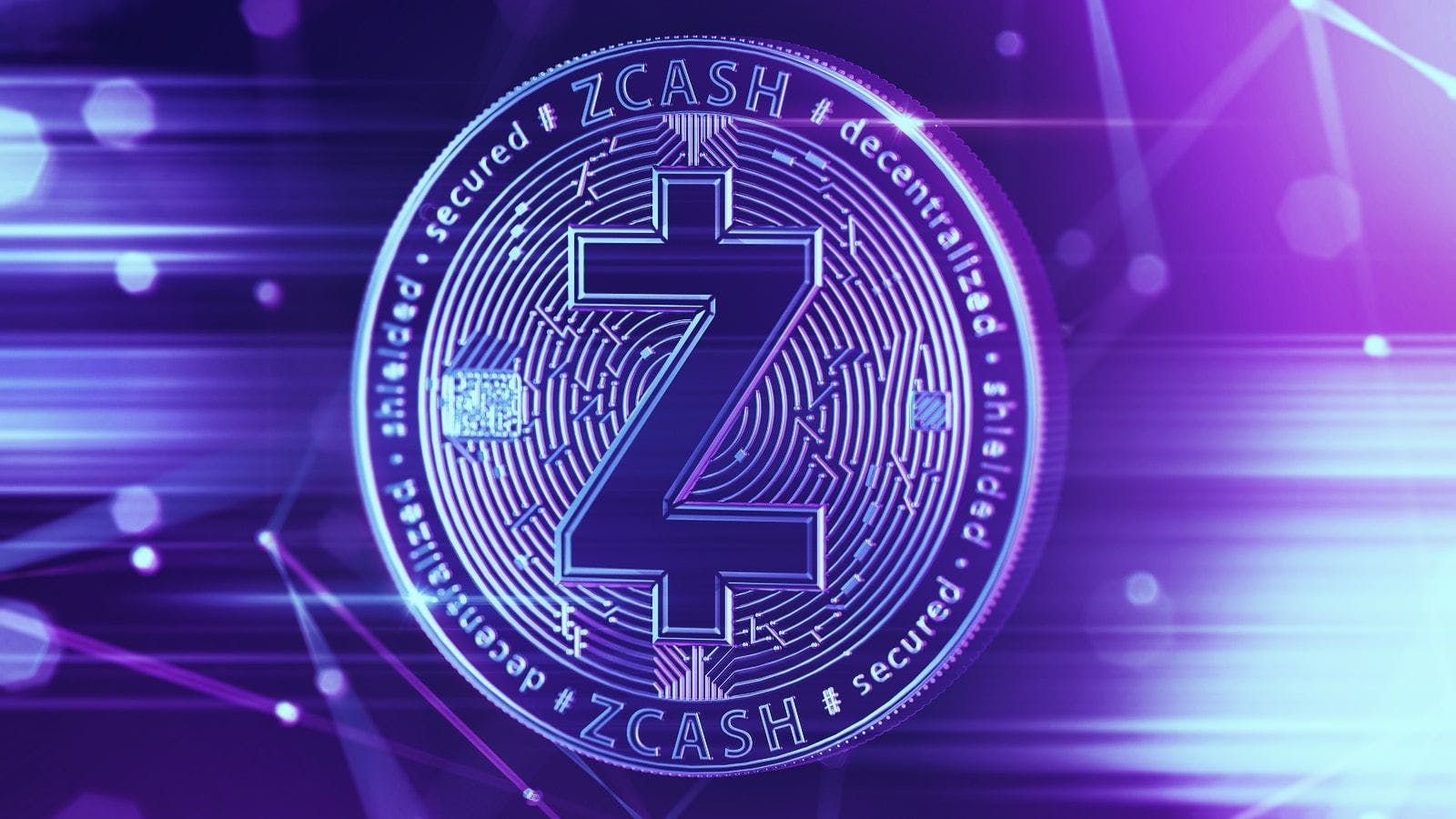5,486 reads
Monero Vs. ZCash: The Definitive Comparision
by
January 16th, 2021
Audio Presented by
Crypto Currency, Anarcho-Capitalism and Life Extension Advocate. www.poutintsev.com
About Author
Crypto Currency, Anarcho-Capitalism and Life Extension Advocate. www.poutintsev.com
